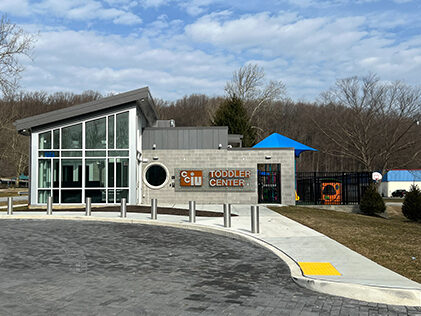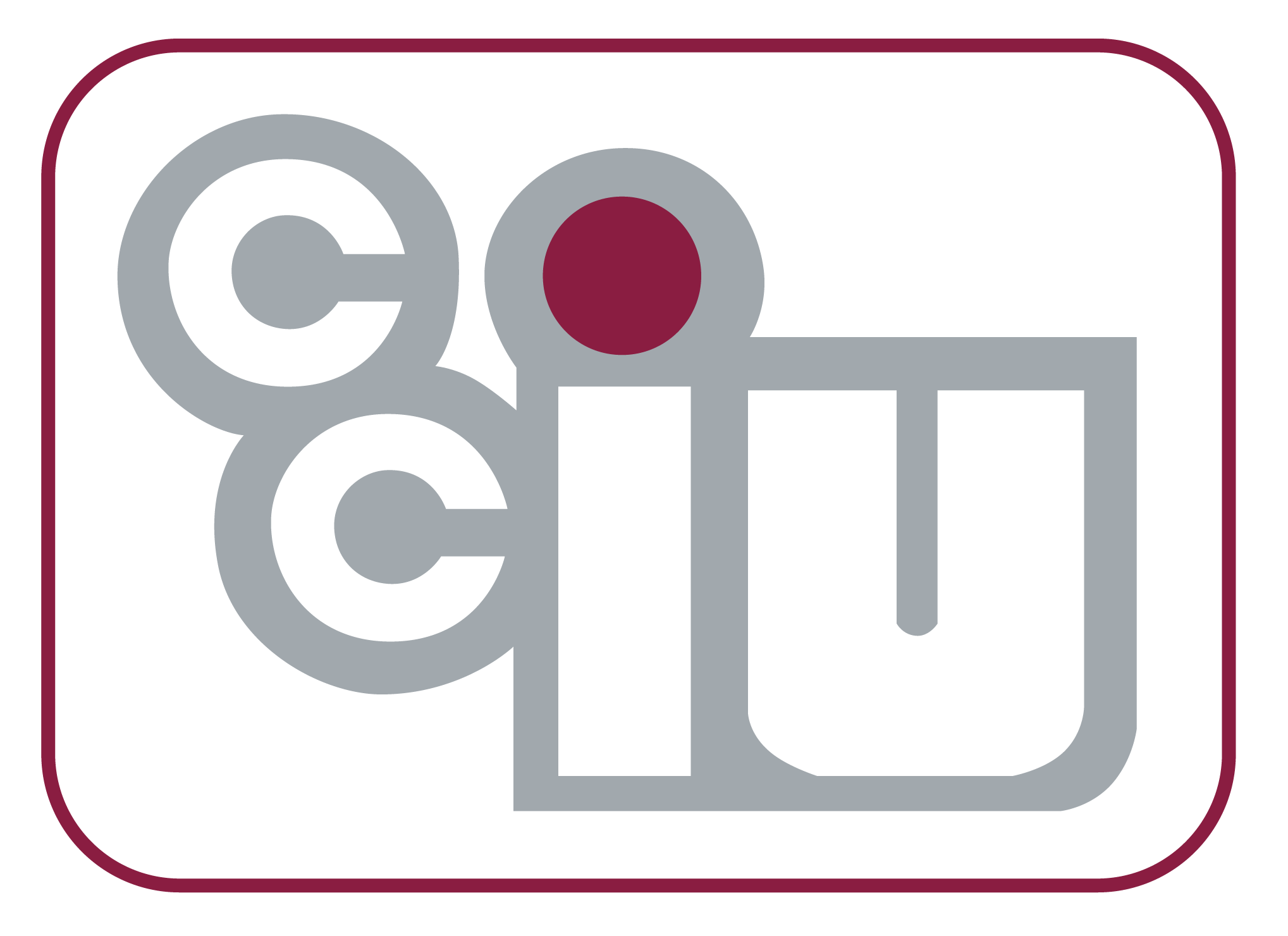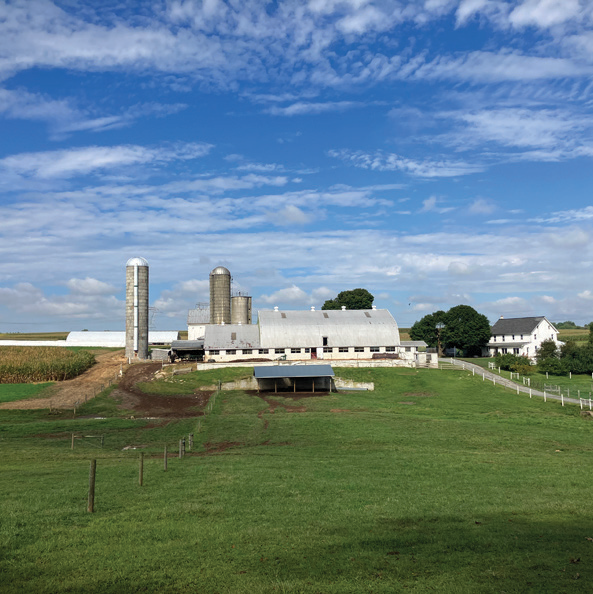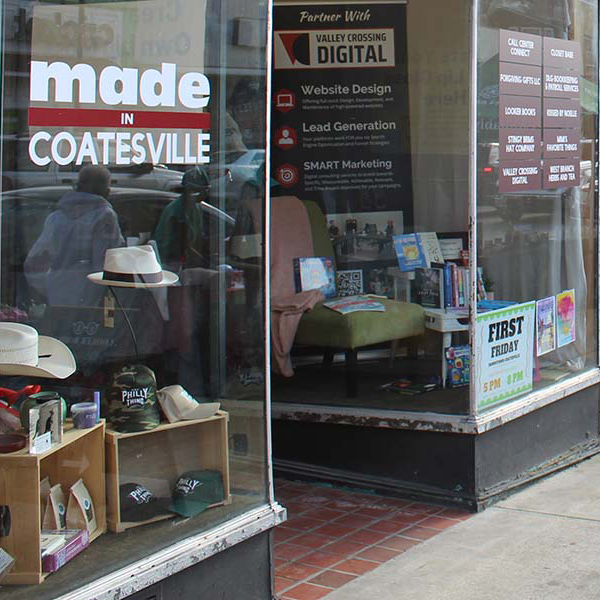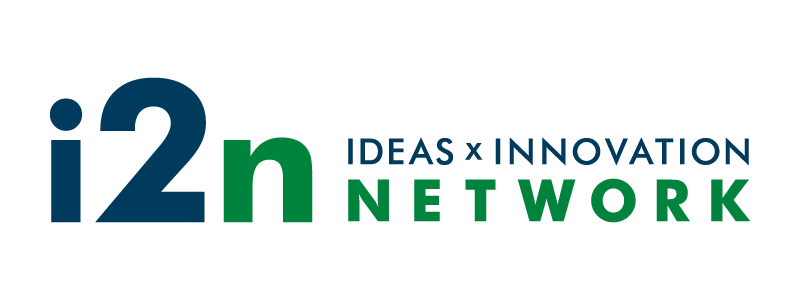Frequently Asked Questions
When should I consider using public financing for my project?
Public financing tools often come with regulations that are complex and change regularly. We recommend reaching out to CCIDA staff to learn whether your project is eligible and whether it would benefit from using any of the public finance tools that are available.
Who Qualifies for Tax-Exempt Bond & Mortgage Financing?
Exempt Facilities: Certain facilities including solid waste disposal facilities, mass commuting facilities, docks, airports, hazardous waste disposal facilities, sewage facilities, water and electricity furnishings facilities, and other facilities designated by federal law as eligible for tax-exempt financing.
Non-Profit Entities: 501c3Charitable organizations described in Section 501 (c) (3) of the Internal Revenue Code. These include nursing homes, health care facilities and educational facilities (Universities, Charter Schools, Private schools, etc).
Manufacturing Companies: Manufacturers are eligible but projects must meet several criteria to be eligible. Most importantly, 75% of the facility being financed must be dedicated to manufacturing (Not warehouse, office, etc).
First-time Farmers: In Pennsylvania, we administer the Next Generation Farmer Loan program. The CCIDA has closed nearly 200 Next Generation Farmer loans since the program’s inception.
What are the Eligible Uses of the Funds for tax exempt financing?
Land: Includes acquisition, site preparation and improvements, infrastructure development (i.e. water, sewer, & rail) and environmental testing. The cost of land cannot exceed 25% of the total real estate acquisition cost.
Building: Includes acquisition, construction, rehabilitation, engineering, architectural, legal and other related cost. For a building acquisition, an amount equal to at least 15% of the tax-exempt portion used to acquire the building and any equipment contained within must be used for rehabilitation. This rehabilitation must be done within two (2) years of the funding date.
New Equipment: Includes acquisition, delivery and installation. Used equipment may only qualify if contained in a building being acquired through tax-exempt financing.
Soft Costs: Includes legal, architectural, engineering, surveying, test boring, title insurance, appraisals, accounting, and financing costs for the project.
Refinancing: Includes existing tax exempt debt associated with real estate and/or equipment. Refinancing of conventional debt is limited to nonprofits.
What is the Minimum and Maximum Size of the Mortgages or Bonds?
There is no minimum size for tax-exempt mortgages or bonds.
Under federal tax law, the borrower and occupant, along with their affiliates, together cannot incur more than $20,000,000 of capital costs, in the city or township of the project, during the six-year period beginning three (3) years before the date when the proposed bonds will be issued and ending three (3) years after the issuance of the bonds. These capital costs include the current financing costs and any outstanding tax-exempt debt.
Up to $1,000,000 of small issue financing, including prior outstanding small issues, is allowed without regard to other 6-year capital costs.
The project borrower and occupant, along with their affiliates, together cannot have outstanding tax-exempt financing anywhere in the United States or its territories or possessions in excess of $40,000,000, including the current financing. Tax-exempt financing for exempt facilities counts against the $40,000,000 limit, but not against the $20,000,000 limit.
The non-profit entity and all related persons cannot have more than $150,000,000 of outstanding non-hospital tax-exempt financing, including the proposed financing.
There is no maximum loan size for exempt facility bonds.
What is the Loan Term and Rate?
The rate and term of the loan is established by the bank for tax-exempt mortgages. The rate and term of a bond issue is determined by the pricing of the bonds, the letter of credit fee and other costs associated with the bond issue.
How Many New Jobs Must be Created as a Result of a Project?
Both new and existing full-time permanent jobs, at the project site, are counted for this program. Existing jobs include jobs which will be transferred to the project site. Tax-exempt manufacturing projects must retain or create, within three (3) years of the financing one (1) full-time permanent job for every $50,000 of financing requested. Non-profit and exempt facility projects must retain or create, within three years of the financing, a total of at least ten full-time permanent jobs per financing.
What Are the Fees for CCIDA for This Type of Loan?
CCIDA Fees for 2021 (Docx)
What is the Application Process?
Companies wishing to apply for tax-exempt financing should contact Lori Pickford at the CCIDA, lpickford@ccedcpa.com.
Applications must be submitted by the first of the month. CCIDA Board review will occur on the third Wednesday of each month. Following CCIDA approval, the application will be forwarded to the Chester County Commissioners for their approval and then to the Pennsylvania Department of Community & Economic Development for approval.
When Can the Project Construction or Acquisition Begin?
Project construction and/or acquisition cannot begin until approval has been received from the Chester County Industrial Development Authority. Deposits on real estate made prior to the approval are financable through the program if the acquisition of the real estate occurs after the approval. Equipment, especially that which may have an extended delivery time, may be ordered prior to project approval and the costs (including advance payments) may be financed, provided that the equipment is “off the shelf” and is not custom built equipment, and provided that delivery and final payment of the equipment occur after approval.
Why is a Bond Counsel Opinion Required?
A preliminary opinion from a qualified bond counsel must be provided at the time of application to the Industrial Development Authority. This opinion should specify the federal tax-exempt category for which the project qualifies. The bond counsel that provides this opinion should be listed in The Bond Buyers Municipal Marketplace (commonly referred to as the Red Book).
What is the role of the Chester County Economic Development Council?
The Chester County Economic Development Council’s employees provide administrative support to the Chester County Industrial Development Authority.
What application documents are required?
Notice of Public Hearing to be emailed to Lori Pickford, lpickford@ccedcpa.com, or faxed to her attention by the first of the month and prior to submitting the application (610) 458-7770.
- Completed Application.
- Legal opinion regarding eligibility of tax-exempt financing.
- Bank commitment letter stating the terms and conditions of its participating in the proposed project.
- Sales Agreement if purchasing real estate.
- Property Appraisal if purchasing real estate.
- Bids or quotes for all new construction, renovations and/or equipment.
- Review of Post Closing Compliance document and completion of Attachment A.
- Application Fee of $2,500 made payable to Chester County Industrial Development Authority.
Note: Applications are due on the first of each month. If you have any questions, please email Lori Pickford at lpickford@ccedcpa.com.




